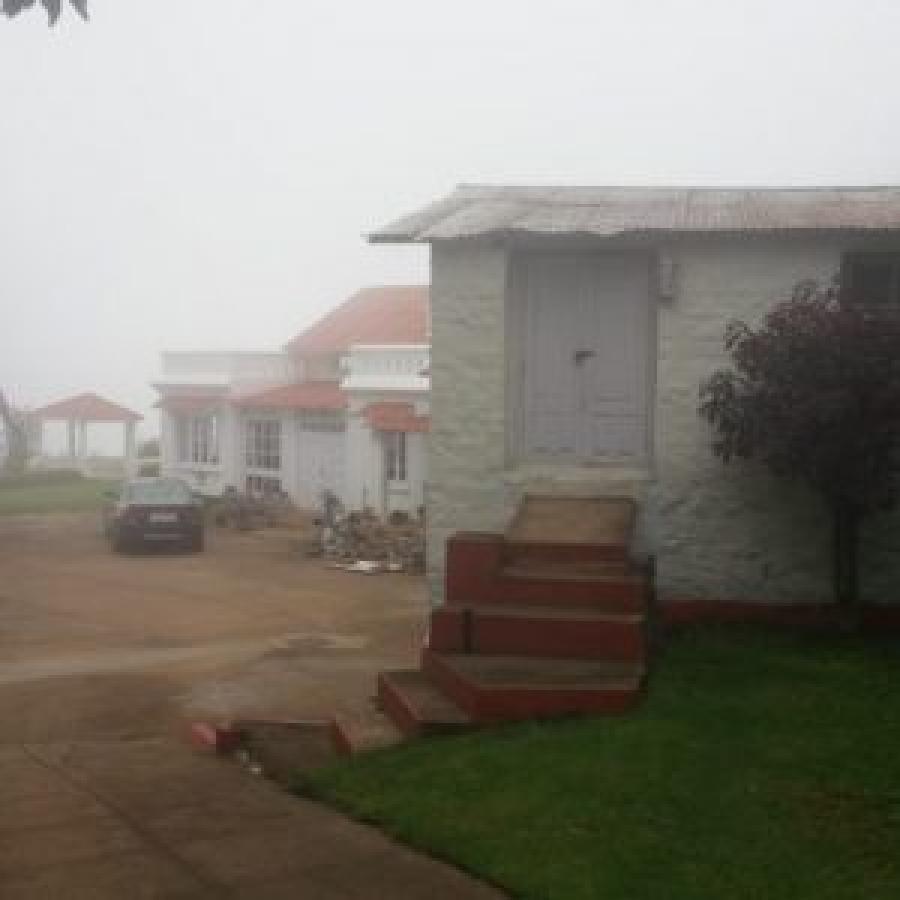My travel to Coimbatore was planned keeping in mind to do three things: Meet my friend Stanley and engage him in the works of Zishta, travel to Kothagiri and spend time with a foundation that does tremendous work with the primitive tribes of Nilgiris and travel to Palakkad in search of the artisans who make the famous Urulis. I could say that it was a successful trip as I accomplished to do all that i set out for including some brilliant food at Annapurna (No one misses that when you are in Coimbatore). Key stone foundation is an NGO working closely with the primitive tribes of Nilgiris and enabling them in different capacity building measures. Their key focuses are on bio diversity conservation, livelihoods enhancement of the tribes through Non Timber Forest Products (NTFP) and research. Stanley had done some extensive work as part of his firm Via Media which provides brand consulting and marketing communication services to many companies and NGOs. After hearing about Zishta and our vision, Stanley got me to travel specifically to meet the team at Key stone and their commercial venture Last Forest – a brand created to bring products sourced/developed from the tribal communities in Nilgiris.

Two days spent observing their work, visiting stores and their range of products gave us an understanding of what it takes to work extensively with communities and commercialising products. I did not get a chance to visit the tribes and learn directly from them: their aspirations, about their future, which was my only disappointment. Though I have promised the team at Key stone, that I would be back specifically for this engagement with the communities. The primitive tribes have been located here since time immemorial- they did not migrate to these forests. They have their own traditions, festivals (predominantly of their local deity) and a keen understanding of the play of nature in their lives. There are only few thousands of these tribes who are still present in their habitat. Promise of economic progress, Government job quotas have moved most of these tribes out of their land. The larger question is how long will these unique tribes and their traditions survive? In our quest for economic progress, we tend to shun our traditions to assimilate into this fast moving urban lifestyle. How can we continue to progress economically and still nurture and protect our traditional identity? Are there lessons that we can learn from other such “Endangered” communities? Even Japan as an economic powerhouse, still values and nurture their traditions. Pride could be one such trigger that could drive communities to cherish their traditions and preserve their knowledge. Pride and economics could do the trick!!! From learning we moved to exploration! My travel to Palakkad was in search of the traditional artisans who make these amazing Urulis which is made of solid bronze (Vengalam in Tamil) for cooking. It used to be an omnipresent cooking vessel couple of decades back in every kerala household (Looks like still is). I do see these in modern city household as flower pots. Traditionally, the rich would make this vessel with a hollow space in the middle to hold some gold (others used lead). As the food is prepared this molten liquid metal in the middle retains heat for very long time and in the process keeps the cooked food hot for hours. I got to meet some vendors who sell these products. I got the contact of the artisans who make these products the traditional way. I got an antique piece which was more than 50 years. Hope to get more artisans who can help us in reviving this traditional cookware for the benefit of us. More to travel and more to learn!!!





Leave a comment
All comments are moderated before being published.
This site is protected by hCaptcha and the hCaptcha Privacy Policy and Terms of Service apply.